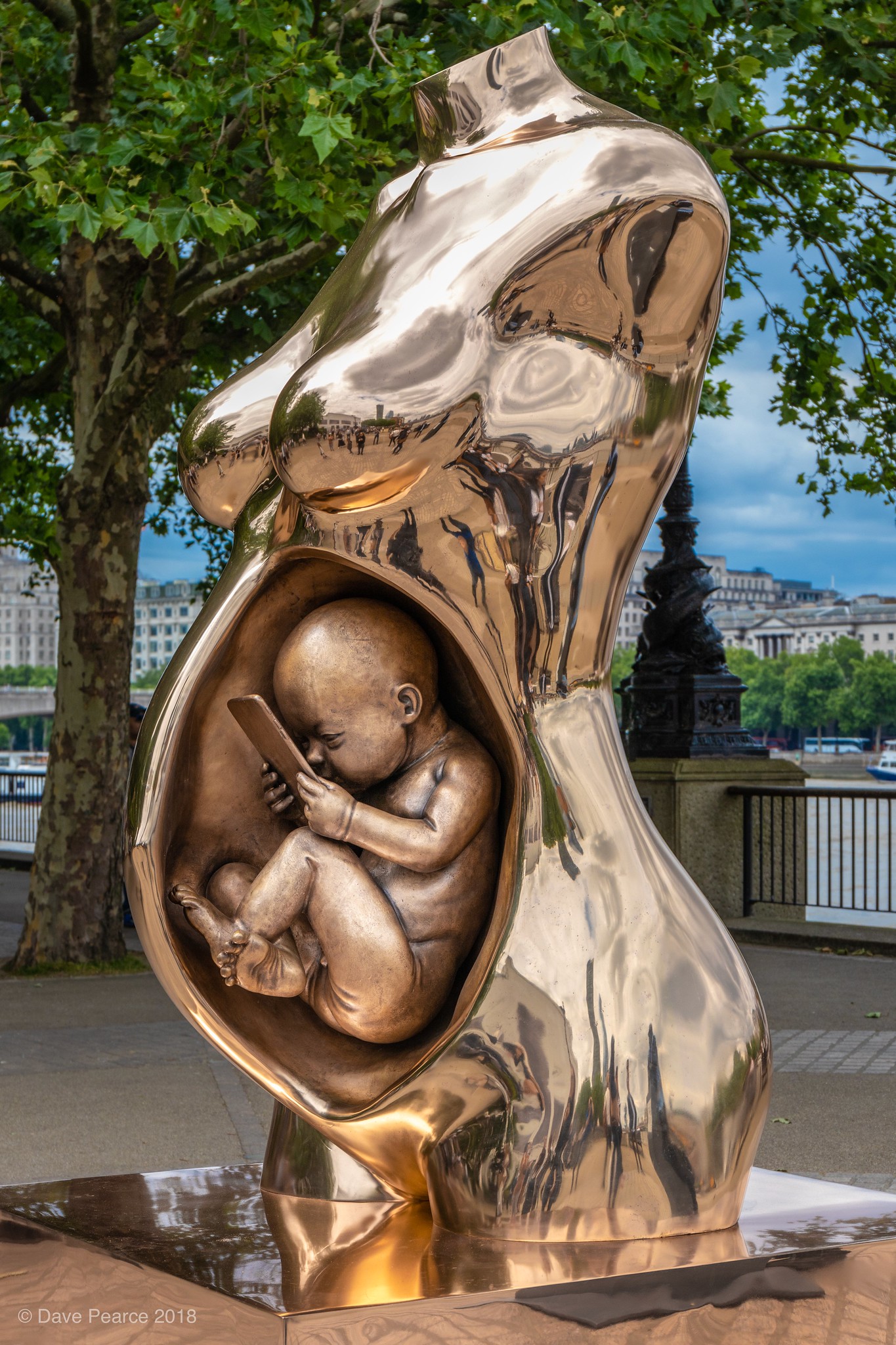It turns out, according to a recent nationwide study of faith and relationships, that fatherlessness is a root cause of Christianity’s collapse over the past 40 years in America.
One data point stood out above the rest. “It turns out that 80 percent of everybody in the pews on Sunday morning grew up in a home with continuously married biological parents, and that trend held across all age groups, from the oldest Gen Zs to the youngest boomers,” DeGance said. 80 percent!
Fatherlessness, it turns out, doesn’t just lead to poor outcomes on social indexes, DeGance’s research revealed. It has profound spiritual consequences too. When marriage collapses, church attendance collapses. And the social institution designed to nurture and love children collapses along with it.
“There’s been a revolution in family structure of the last 60 years,” DeGance said. “So what’s changed as pastors look at what’s going on with the diminishing numbers in the pews? What they’re not frequently understanding is that what’s driving the loss of people from the pews is the collapse of the family itself. That’s the leading indicator.”
As marriage collapsed, rates of fatherlessness rose precipitously, which further eroded the foundational relationship that drives church attendance. DeGance’s research echoed other research in the field about father-child connections, specifically regarding religious practices.
“Oxford University Press published a 40-year longitudinal study that followed 350 families with over 3,000 adults over the time frame,” DeGance said. “What they disproportionately found was that an adult’s description of his or her relationship being warm and close with her dad was the biggest predictor of whether or not that adult practiced faith as an adult.”
Source: Newsweek.com
In the Western world, more than just Church attendance is collapsing.

courtesy of the National Gallery of Art
+++
We Need Mothers and Fathers In The House



